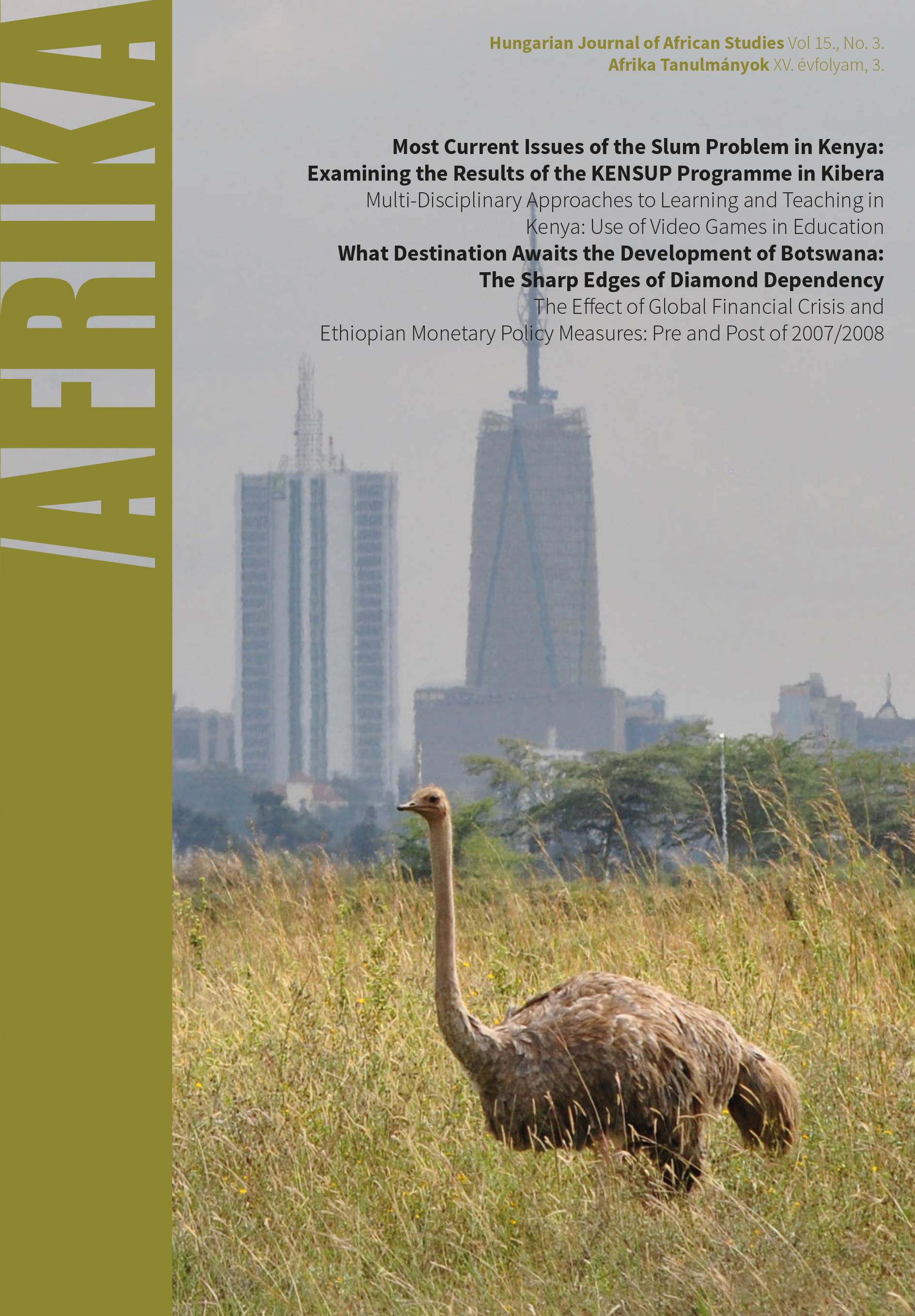The Effect of Global Financial Crisis and Ethiopian Monetary Policy Measures: Review on the pre-and post-crisis scenario
DOI:
https://doi.org/10.15170/AT.2021.15.3.2Keywords:
Monetary policy, Global financial crisis, Subprime Mortgage, FDI, labor market, EthiopiaAbstract
Policymakers and leaders usually fail to grasp a sound lesson from the eco- nomic hurdles and crises countries face. This paper, thus, is intended to review and articulate the causes and effects of the global financial crisis, and how the Ethiopian monetary policy reacted and mitigated the crisis. The data for the analysis were collected from various sources including IMF, World Bank, National Bank of Ethiopia, and research articles from 2003 to 2019. The review reveals that even during the crisis in 2009, Ethiopia was among the top five fastest-growing countries in the world by an average of 10.5%, which is twice the average growth of Sub-Sahara African countries (5 %). It had become the seventh-largest economy in Africa and the 69th in the world with a GDP PPP of 118.2$ Billion as of 2013. Some of the main reasons for the continued growth of the country amid crisis could be the desynchronization of the country’s financial market with the international financial market, an insignificant share of mortgage loans in domestic financial sector services, and high-level government-led infrastructure investment coupled with China’s economic alliance. However, the significant effect of the crisis was observed in the country’s exports, remittance, and Foreign Direct Investment (FDI). To shun the related inflationary effect, the government increased the minimum deposit interest rate, reserve, and liquidity requirements, and reinstated the credit restrictions. Also, the immediate alert was given to commercial banks to give proper attention in managing credit risk and reducing non-performing loans to below 5% and overdraft facilities. Given the above-mentioned facts, the monetary policy measures were effective to stabilize the economy & sustain the growth. In the end, the offshoots & setbacks of the unsynchronized financial market, government-led investment & fettered mortgage loans are addressed, and the way forward is marked out.
Downloads
Published
How to Cite
Issue
Section
License

This work is licensed under a Creative Commons Attribution-NonCommercial-NoDerivatives 4.0 International License.
















